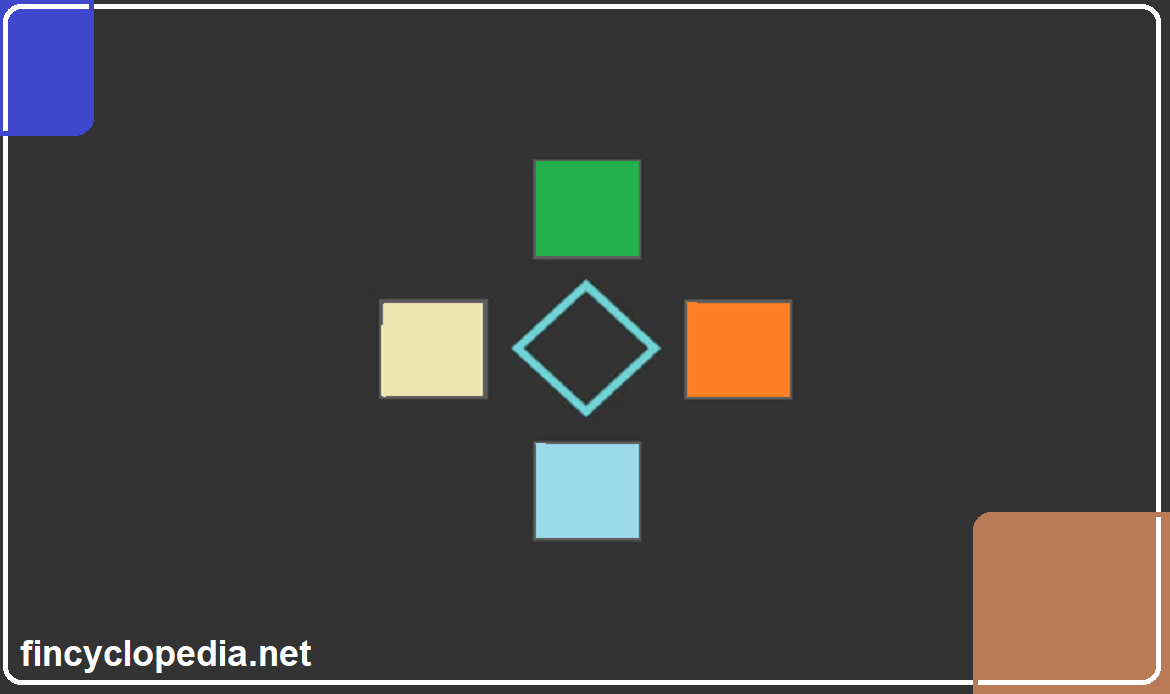In Islamic finance parlance, ijarah means leasing of a property against a preset amount of money (consideration or in Arabic ujrah). The lessee pays that amount to the lessor in return for the usufruct (manfa’ah) over a specified period of time. Ijarah contracts may be concluded and conducted in different forms, including:
- Successive leases: a situation where an ijarah contract involves the same property for different periods and several lessees. However, shari’a stipulates that two contracts cannot be executed at the same time on the same underlying property for the same tenor. Each contract is deemed as being successive to the previous one and not concurrent with it on the basis of being a future ijarah.
- Sub-lease: a situation that arises when a lessee takes on other co-lessees as partners in sharing the usufruct by assigning them specified shares in that usufruct before entering into a sub-lease. Each co-lessee pays part of the ujrah (rental) on a pro rata basis (i.e., according to his share in the usufruct). A lessee may also sub-lease the whole property to sub-lessees without keeping some part of it for his own use.
- Time sharing: this occurs when a lessor enters into an ijarah contract for a specific property with several lessees at the same time. Each of the lessees will be entitled to the same specified usufruct of a given property and duration of rent, without assigning a pre-defined period of time to a particular lessee. Therefore, each lessee may use the property during the period of time assigned to him based on agreed rules and stipulations.







